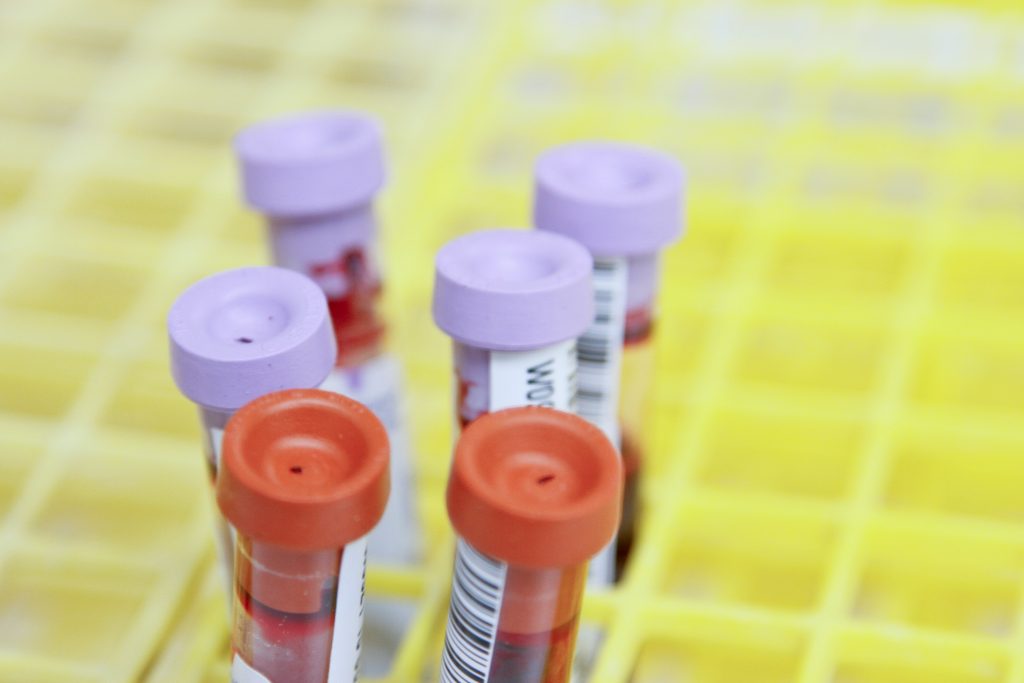The Role of Inflammatory Cytokines in Adolescent Depression

Approximately 280 million people worldwide suffer from depression, a condition associated with significant individual and societal burden. Depression affects twice as many women as men and often first appears during adolescence. It can impact various aspects of a person’s life, from education to physical health, and is a leading cause of suicide in young individuals.
Despite advancements in treatment options, the prevalence of depression remains high globally, with disparities in access to care between high-income and low- and middle-income countries. This calls for innovative strategies to detect and treat depression early, with a focus on understanding the underlying biological mechanisms.

Depression is a prevalent global health problem that often first manifests in adolescence.
Methods
A study conducted in Brazil recruited adolescents aged 14-16 and categorized them into non-depressed low-risk, non-depressed high-risk, and current major depressive disorder groups. Risk levels were determined using various sociodemographic factors, and depression was assessed using standardized questionnaires. Blood samples were collected to measure inflammatory markers.
Results
Blood-based inflammatory markers
Overall sample (males and females)
- While inflammatory markers were elevated in high-risk and MDD groups compared to the low-risk group, the differences were not statistically significant.
Split by sex
- One inflammatory marker, IL-2, showed increased levels in high-risk males compared to low-risk males.
Relationship between blood-based inflammatory markers and depression severity
Overall sample (males and females)
- IL-2 and IL-6 levels were positively correlated with depression severity.
- Other pro-inflammatory markers showed weaker correlations, while anti-inflammatory markers had a negative correlation.
Split by sex
- Correlations between cytokines and depression severity varied between males and females.
Sex-specific moderation
- Severity of depression was partially moderated by IL-2 in males, while IL-6 showed no moderation.
- Results suggested that different cytokines contribute to depression severity in males and females.

Inflammation is associated with depression risk and severity, but the specific immune proteins responsible for the relationship likely differ between sexes.
Conclusions
The study findings suggest that inflammatory cytokines are linked to the risk and severity of depression in adolescents, with sex playing a role in moderating this relationship. IL-2 and IL-6 were highlighted as key players in this association, affecting males and females differently.

In young males, the inflammatory cytokine IL-2 is associated with higher depression risk and severity. However, for young females, IL-6 seems more important.
Strengths and limitations
The study focused on underrepresented groups and presented novel insights into the role of inflammation in depression among adolescents. However, being a cross-sectional study, causality cannot be determined. Statistical analyses were robust, but adjustments for important confounders were lacking.

Female sex and adolescent age are important risk factors for depression, yet these groups are underrepresented in research. This study nicely addresses this pertinent issue but remains subject to common limitations of cross-sectional research.
Implications for practice
The findings of this study emphasize the importance of considering inflammatory markers in the early detection and prevention of depression, especially in adolescents. Sex-specific differences in cytokine effects highlight the need for tailored treatment approaches.

Inflammatory markers are easily measured in blood and strategies that reduce inflammation may prove useful in reducing depression risk and severity. But, a different approach may be needed for females compared to males, and it is important to remember that inflammation is only part of the picture.
Conclusion
This study sheds light on the potential role of inflammatory markers in both the risk and severity of depression in adolescents, with sex-specific differences in their effects. Further research and clinical interventions focusing on reducing inflammation could offer new avenues for managing adolescent depression.
About the Author
Sophie Fairweather is a PhD student at the University of Bristol with a research focus on risk prediction of depression and anxiety, immunopsychiatry, and sub-populations with allergic conditions. She has no conflicts of interest to declare.
References
Primary paper
Zajkowska, Z. et al. (2023). Sex-specific inflammatory markers of risk and presence of depression in adolescents. J Affect Disord, 342, 69-75. https://doi.org/10.1016/j.jad.2023.07.055
Additional references














